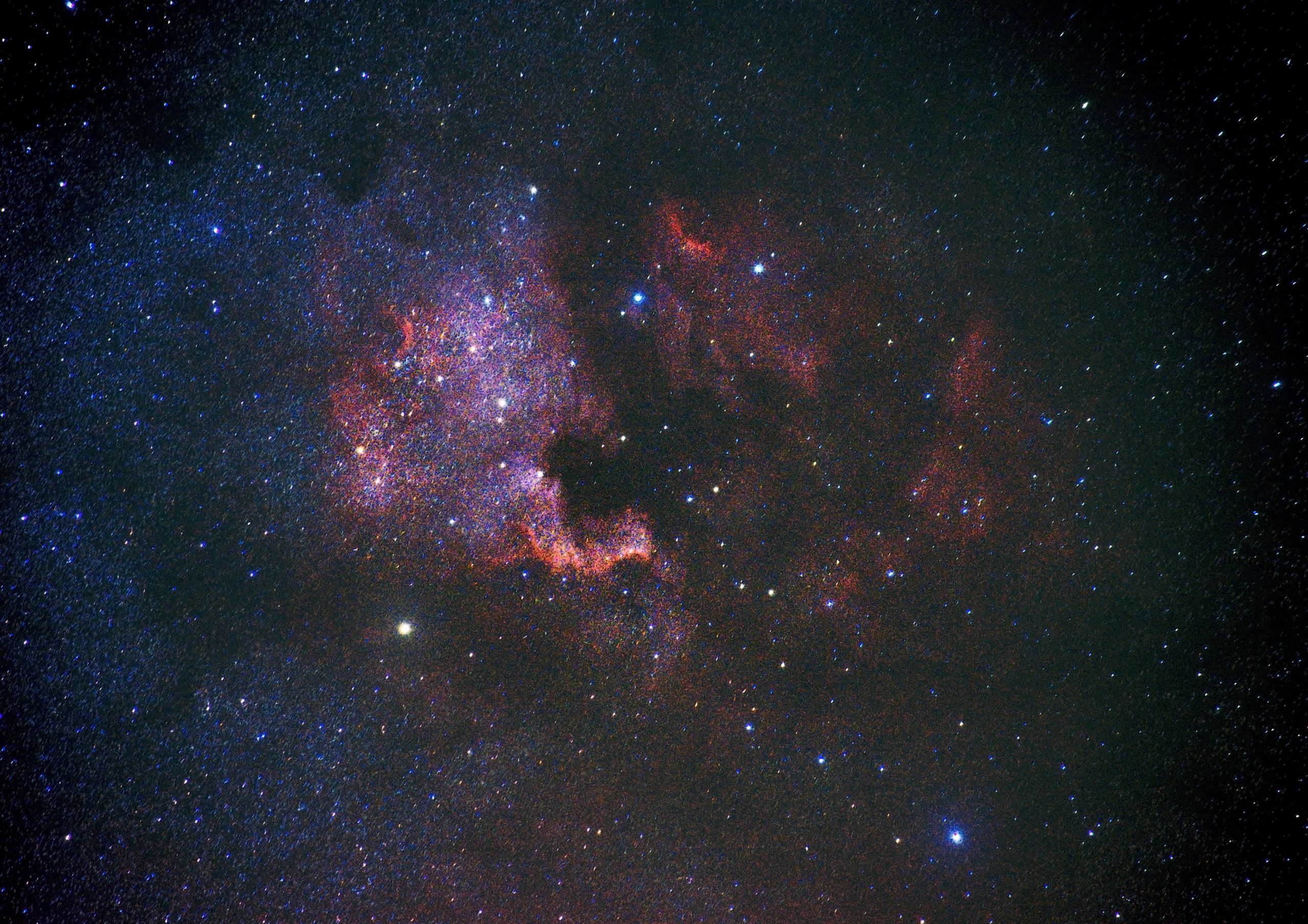Is Astrology a Real Science?
Astrology has long been a subject of debate in the scientific community. While some people swear by its ability to predict personality traits, events, and even the future, skeptics argue that it lacks any scientific basis. So, is astrology a real science or just a pseudoscience? Let’s delve into the subject and examine the evidence on both sides.
Understanding Astrology
Astrology is an ancient system that relies on the belief that the positions of celestial bodies, such as the sun, moon, planets, and stars, can influence human lives and personalities. It is based on the premise that at the exact moment of a person’s birth, the alignment of these celestial bodies forms a unique cosmic blueprint, which reveals certain characteristics and life events.
There are different branches of astrology, including Western astrology, Vedic astrology, and Chinese astrology. Each system has its own sets of symbols, interpretations, and methods of analysis. However, they all share the fundamental assumption that celestial bodies hold significance in shaping our lives.
The Skeptic’s Viewpoint
Skeptics argue that astrology lacks scientific validity due to several reasons. Firstly, astrology relies heavily on subjective interpretations. The same birth chart can be interpreted differently by different astrologers, leading to inconsistencies and contradictions.
Furthermore, astrology relies on generalizations that claim all individuals born under the same zodiac sign share similar characteristics and experiences. This broad-brush approach fails to consider the immense diversity within each zodiac sign, making it difficult to draw accurate conclusions.
Another criticism revolves around the lack of empirical evidence. Scientific theories are built on rigorous testing, experimentation, and reproducibility. Astrology, on the other hand, lacks controlled studies and scientific evidence to support its claims. Many astrological predictions are ambiguous and open to interpretation, making it difficult to evaluate their accuracy.
The Astrologer’s Defense
Astrologers argue that dismissing astrology solely based on its lack of scientific validation is unfair. They claim that astrology is a complex art and should not be limited to scientific scrutiny alone. Astrology, they argue, deals with matters of the soul, intuition, and personal growth – aspects that fall outside of traditional scientific observation.
Additionally, astrologers point to anecdotal evidence as support for astrology’s validity. They argue that individuals who have experienced accurate readings and predictions cannot simply be dismissed as coincidences. Personal testimonies often include descriptions of astrological insights that were highly specific and relevant to the individual’s life.
Another argument for astrology’s credibility is its historical significance. Astrology has been practiced for thousands of years by different cultures around the world, suggesting that it has endured due to its perceived efficacy. The sheer longevity of astrology may indicate that it offers value and insight to those who seek it.
The Scientific Perspective
From a scientific standpoint, astrology faces several challenges. One major obstacle is the lack of a plausible mechanism of action. The gravitational and electromagnetic forces exerted by celestial bodies are extremely weak compared to other influences, such as genetics or environment. Astrologers struggle to explain how these subtle forces can measurably impact human lives.
Additionally, the precession of the Earth’s axis affects the alignment of the zodiac signs over time. This discrepancy invalidates the astrological claims that associate specific personality traits with certain zodiac signs, as there is no consistent correlation between celestial positions in the sky and birth dates.
The Bottom Line
While astrology holds personal and cultural significance for many people, the scientific community largely views it as a pseudoscience. Without concrete evidence or a plausible mechanism, astrology fails to meet the rigorous standards of scientific inquiry. However, astrology continues to intrigue and inspire individuals across the globe, and its impact should not be dismissed outright.
Ultimately, whether astrology is a real science or not is a subjective matter. Belief in astrology or skepticism towards it often hinges on personal experiences, cultural background, and individual perspectives. Whether you find solace and guidance in the wisdom of the stars or remain unconvinced by its claims, the choice is yours.
Table of Contents
